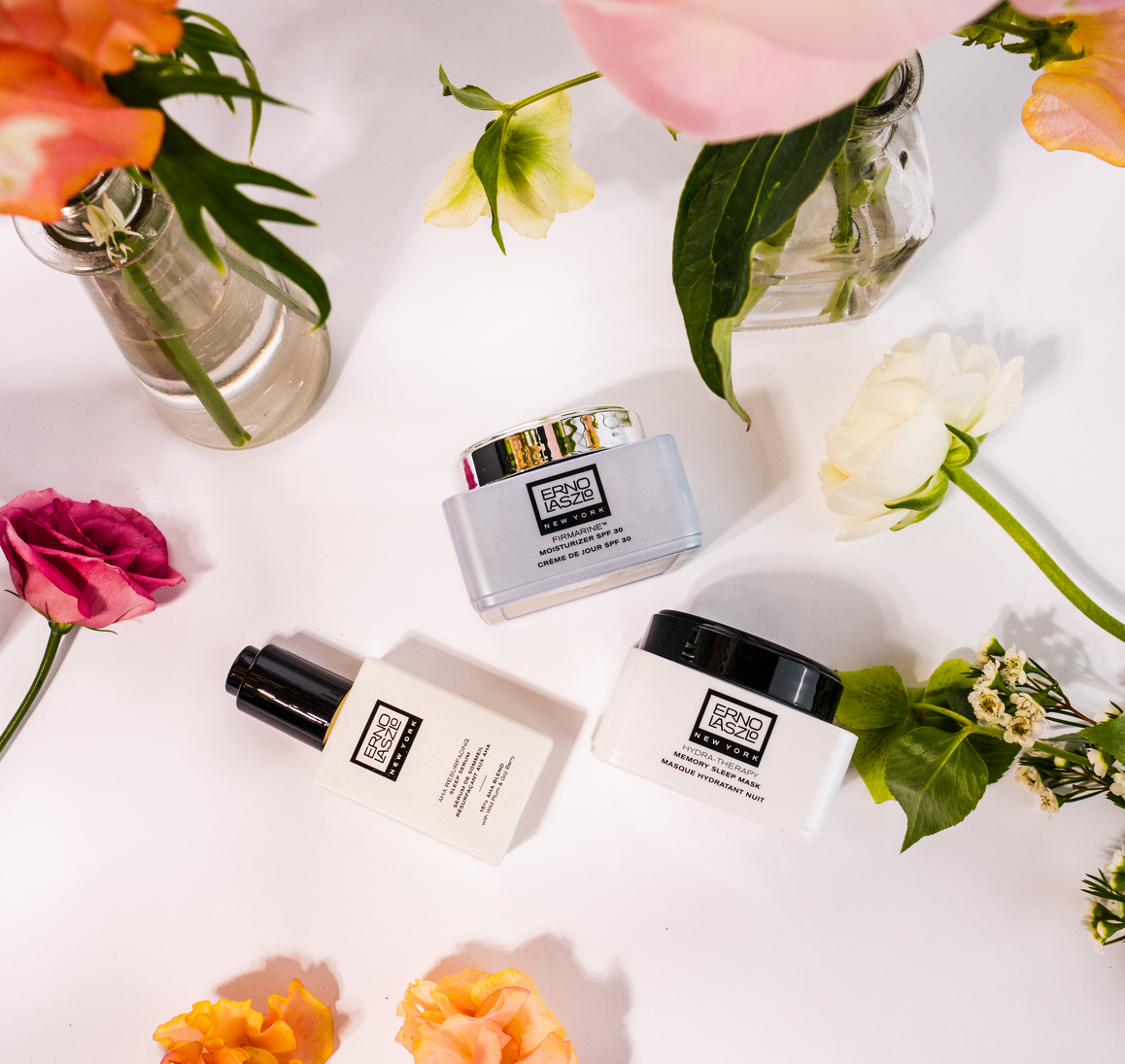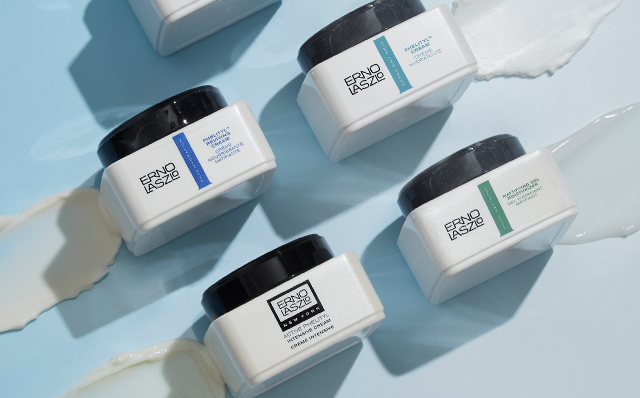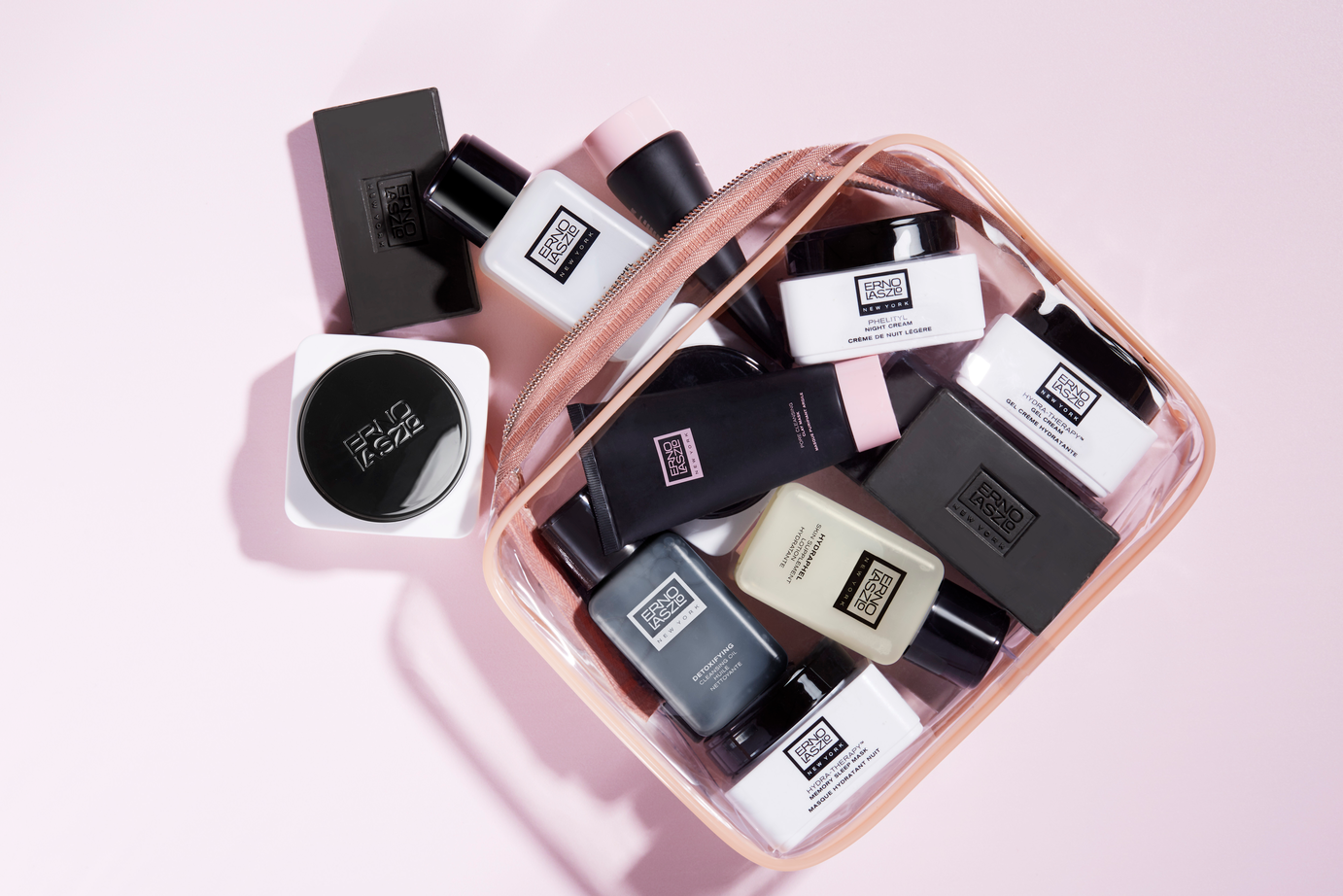
Summer is Coming: Staying Healthy in the Sun
The temperature’s rising, we’re spending more time outside, and the sun’s finally starting to show itself. Summer is coming and we should be thrilled about it. But there’s also the niggling worry of what negative impacts the sun might be having on our health.
Is the Sun Our Best Friend or Our Worst Enemy?
There’s so much conflicting advice out there - that we should spend as much time as possible soaking up the sun for its valuable nutrients, that we should avoid direct sunlight at all costs to protect ourselves from its damage, that we should be striking a perfect balance between the two. Quite frankly, it’s confusing.
The Sun on Our Health
The list of benefits our bodies get from sunlight is impressive: from more happy hormones and lower stress levels to a boosted immune system. And nearly all roads lead back to Vitamin D. The sun's rays help our bodies make this powerful nutrient and it can work wonders for our health and wellbeing.
1 billion people worldwide suffer from a vitamin D deficiency, while 50% of the population has an insufficiency. Since it isn’t always readily available in our diet, 50-90% of our vitamin D must come from direct sunlight.
Let’s look at some of the core health benefits of sunlight and vitamin D:
- Sunlight increases serotonin levels, boosting our mood and promoting calmness and positivity.
- It supports our immune system, potentially reducing our susceptibility to illnesses.
- The sun has been suggested to shrink fat cells and aid in weight loss.
- Early morning sunlight has been linked to higher quality sleep.
- Vitamin D improves the uptake of calcium and phosphorous in our gut, leading to strong and healthy bones.
- Low Vitamin D levels have been linked to osteoporosis, cancer, and depression, amongst other health issues.
And keep in mind that this list is by no means complete! Essentially, spending time in the sun can be critical for our health. But how long should we be spending soaking it up?
Scientists suggest the optimum dosage of sunlight is 5 to 15 minutes - going up to 30 if you’re dark-skinned. You can obviously stay out in longer doses, so long as you’re taking the necessary precautions.

The Sun on Our Skin
It’s no secret that, while good for us in many ways, too much sun can also be detrimental to our health. Sun-damaged skin basically means the top layer of your skin cells are damaged. And this increases your chances of skin cancer, worsens its quality and complexion, and speeds up the aging process, meaning more wrinkles, leathery texture, and dark spots.
So, What’s the Solution?
Strike a balance. We should be able to open ourselves up to all the incredible health benefits being out in the sun can give us, while also protecting our skin as much as possible.
It’s time to find yourself a really good SPF.
My personal favourite is Erno Laszlo’s Firmarine Moisturizer SPF 30. I can put it underneath my makeup and not only does it make for a great base, but it protects my skin while also repairing it.

Its ingredients include Spirulina Maxima - a blue-green algae that’s rich in iron, amino acids, and essential minerals - that works to repair the skin. And the sea water helps draw out toxins for a rejuvenated, healthier-looking complexion. All of this on top of protection from the sun’s UV rays!
We all want to get out there and enjoy the sunshine, boosting our wellbeing, mental health, and happiness. While it’s critical to look after our skin, doing all we can to prevent the harmful effects of the sun’s rays, it doesn’t have to be a pain or stop us from enjoying ourselves.
Happy (almost) summer, everyone!
With love,
Poppy
Founder of @happynotperfect and Not Perfect Podcast with Poppy Jamie




Leave a comment
This site is protected by hCaptcha and the hCaptcha Privacy Policy and Terms of Service apply.